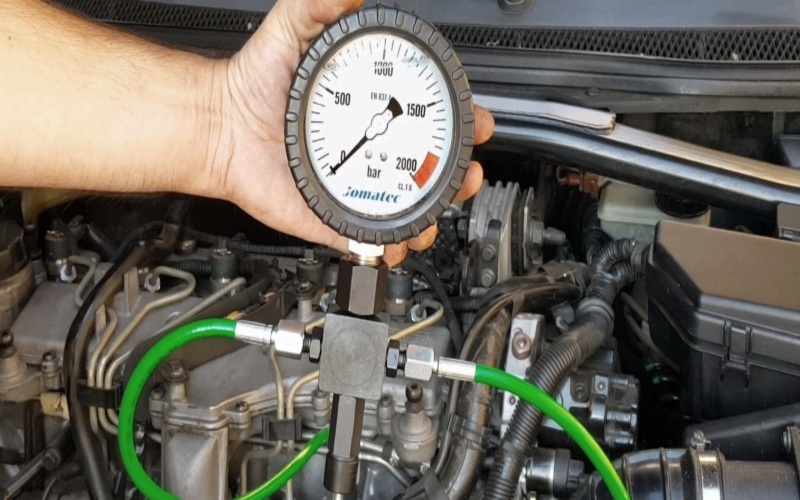The high-pressure fuel pump has the ability to deliver fuel with high pressure to the engine so that your car performs well. It ensures the smooth running of your car. If you face conditions where your car is not performing well and emitting annoying sounds then you should consider checking the high-pressure fuel pump. Any kind of damage to the high-pressure fuel pump may also lead to the smooth running of the car. There are six signs that indicate that your car is having faults in its high-pressure fuel pump. For further queries, you may also contact osiaspart.com.
Signs Of Faulty High-Pressure Fuel Pump
- The most common sign of a faulty high-pressure fuel pump is a noisy fuel tank. Your fuel tank will suddenly start emitting annoying sounds that can be very frustrating for you. These sounds can be either due to the faulty high-pressure fuel pump or due to the presence of contaminants in the tank.
- If you suddenly start feeling that your engine has started sputtering while you are driving, it clearly indicates that you got a faulty high-pressure fuel pump. At this point, you may also feel some sort of surge. The failing fuel pump leads to the surging of the car.
- Another main issue predicting that you got a faulty high-pressure fuel pump is that the car doesn't start. During such situations, your engine will be emitting sounds but it will not start. If you keep doing that with your car, you will just end up draining the battery system.
- When you are driving and suddenly you notice that the tires of your car aren't performing well then this indicates a faulty high-pressure fuel pump. It can be due to the heavy load on your car. When you put too much load on the car then it results in an insufficient supply of gas to the engine.
- If you find out that your high-pressure fuel pump is now requiring more fuel than the normal amount then it indicates a faulty high-pressure fuel pump. You can check it while opening the valve at the time of need and you will observe that it doesn't open. It is clearly a sign of a faulty high-pressure fuel pump. It causes a reduction in the gas mileage.
- When you see that the Temperature is increasing abnormally on your car's gauge then this is another main reason for the high-pressure fuel pump fault. When the engine doesn't get enough power from the fuel pump, it increases the hotness and hence increases the temperature on the car's gauge.
Conclusion
After reading all the above-mentioned signs, now you must be an expert at indicating if you got a faulty high-pressure fuel pump. You can keep your high-pressure fuel pump in good condition by maintaining it properly on a regular basis. Make sure that you buy the fuel from a reliable station to avoid any kind of problem with your high-pressure fuel pump. Make sure to perform the inspection of your high-pressure fuel pump on a regular basis.


